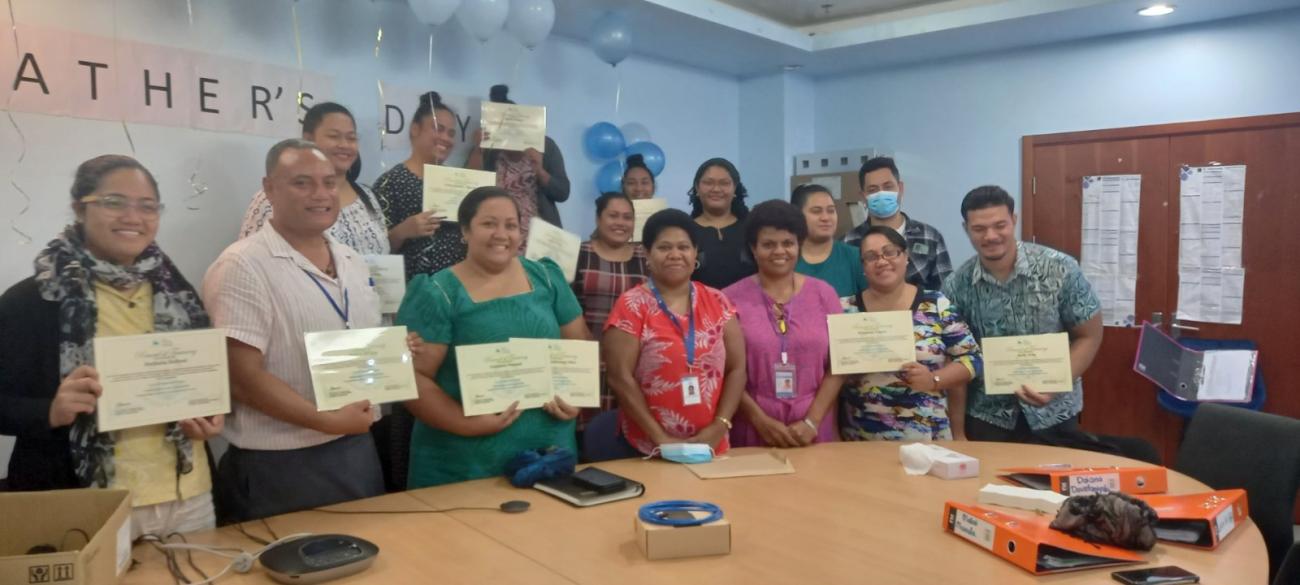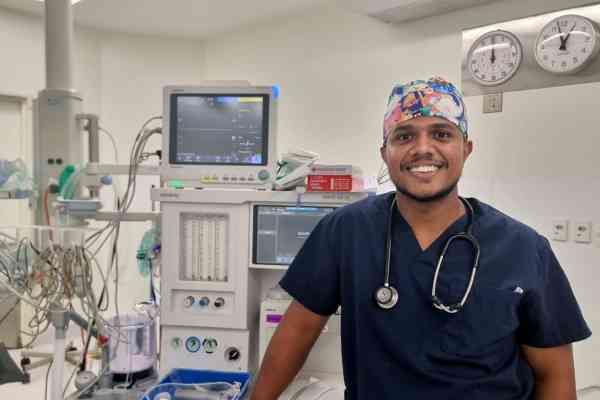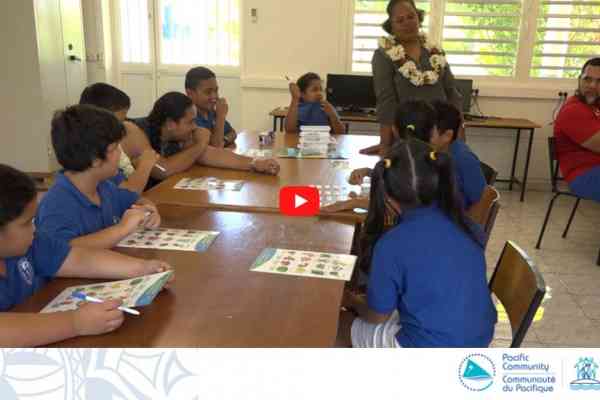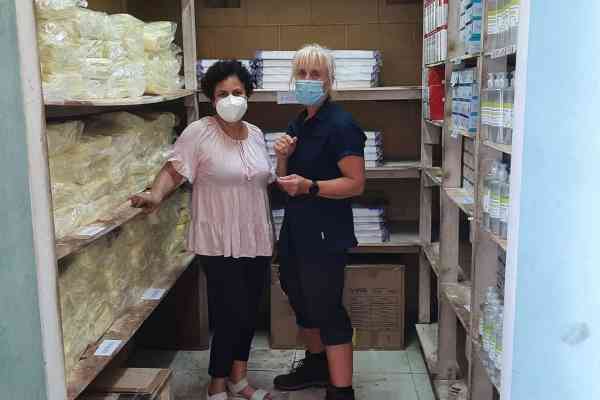(contenu disponible en anglais uniquement)
Training for shipping of infectious substances is key to identifying health security risks
A series of trainings on shipping infectious substances is underway in the Pacific to help public health laboratories strengthen capacity and identify health security risks efficiently. The Pacific Community (SPC) is facilitating the trainings so that health laboratory staff attain certification as a handler to ship infectious substances in accordance with International Air Transport Association (IATA) and Dangerous Goods Regulations.
These trainings are being delivered in accordance with the new edition of Dangerous Goods Regulation, which is updated yearly. IATA certified Shippers are required to recertify every 2 years ensuring they meet the updated requirements of the new edition.
Public health laboratory plays a key role in identifying health security risks and providing timely, accurate and reliable diagnosis of emerging and re-emerging infectious diseases.
Over the past 2 weeks, face to face trainings were held with the Tokelau’s Laboratory Manager who was in Fiji while an in-country training was facilitated with the Samoa hospital laboratory. These 2 trainings were funded through the European Union.
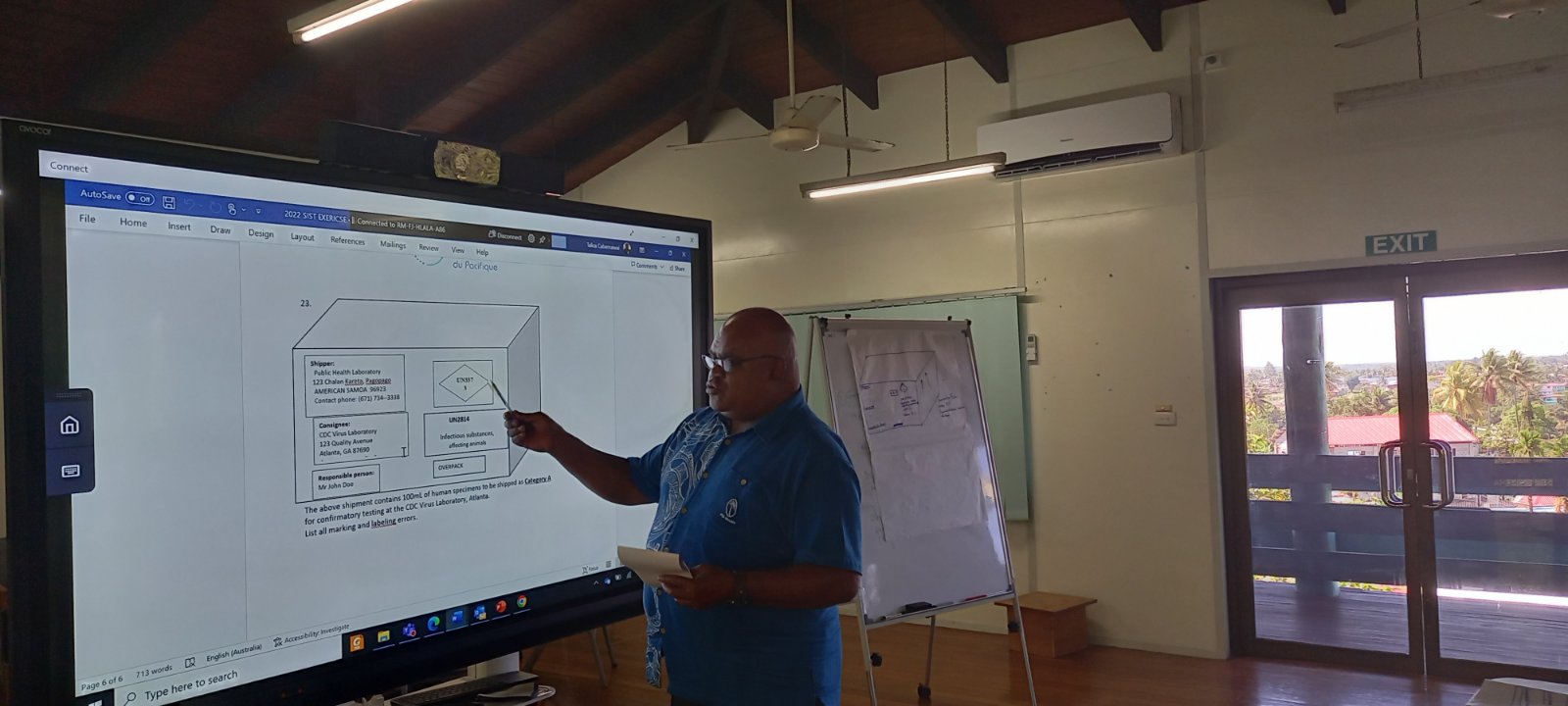
Tokelau Laboratory Manager Orisi Matatolu is now a certified handler for packing and shipping biological materials thanks to this training, expressed his confidence in the program, saying, “This training will enable Tokelau Medical Department to be a certified shipper and will contribute to improving our lab services.”
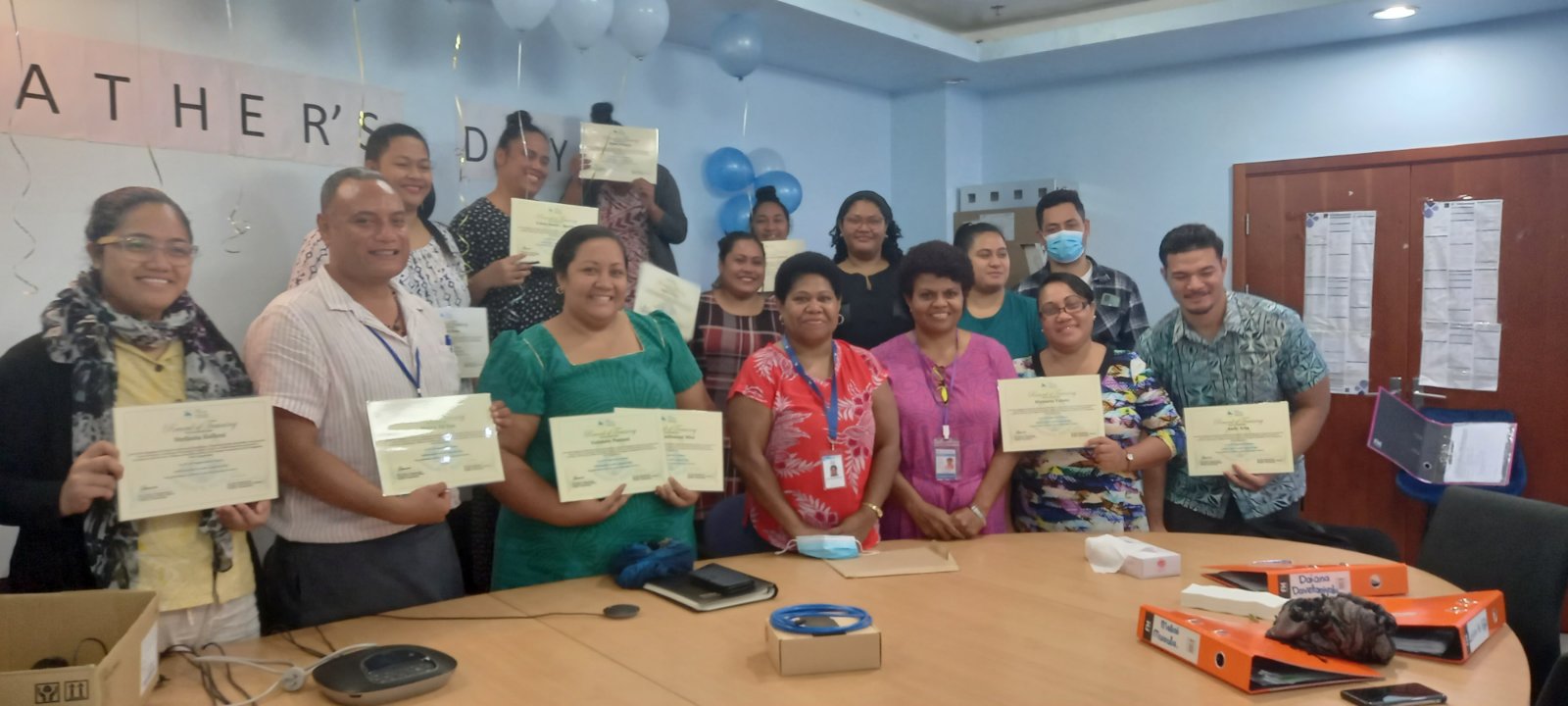
The training that took place in Samoa last week concluded with 10 laboratory staff receiving certification.
Principle Quality Assurance for the clinical laboratory division Sandra Semi said, “This training will ensure safe and reliable referral of patient samples from Samoa for testing.”
Earlier this year virtual shipping of infectious substance trainings was facilitated for Tuvalu and Kiribati through funding support from United Nations Development Programme (UNDP). UNDP has been a partner for these trainings since 2019. The Tuvalu Laboratory now has 4 staff certified and 1 staff from Tuvalu Quarantine while Kiribati has 5 certified laboratory staff. One staff from UNDP also joined the Tuvalu Shipping of Infectious Substances training and is now a certified shipper.
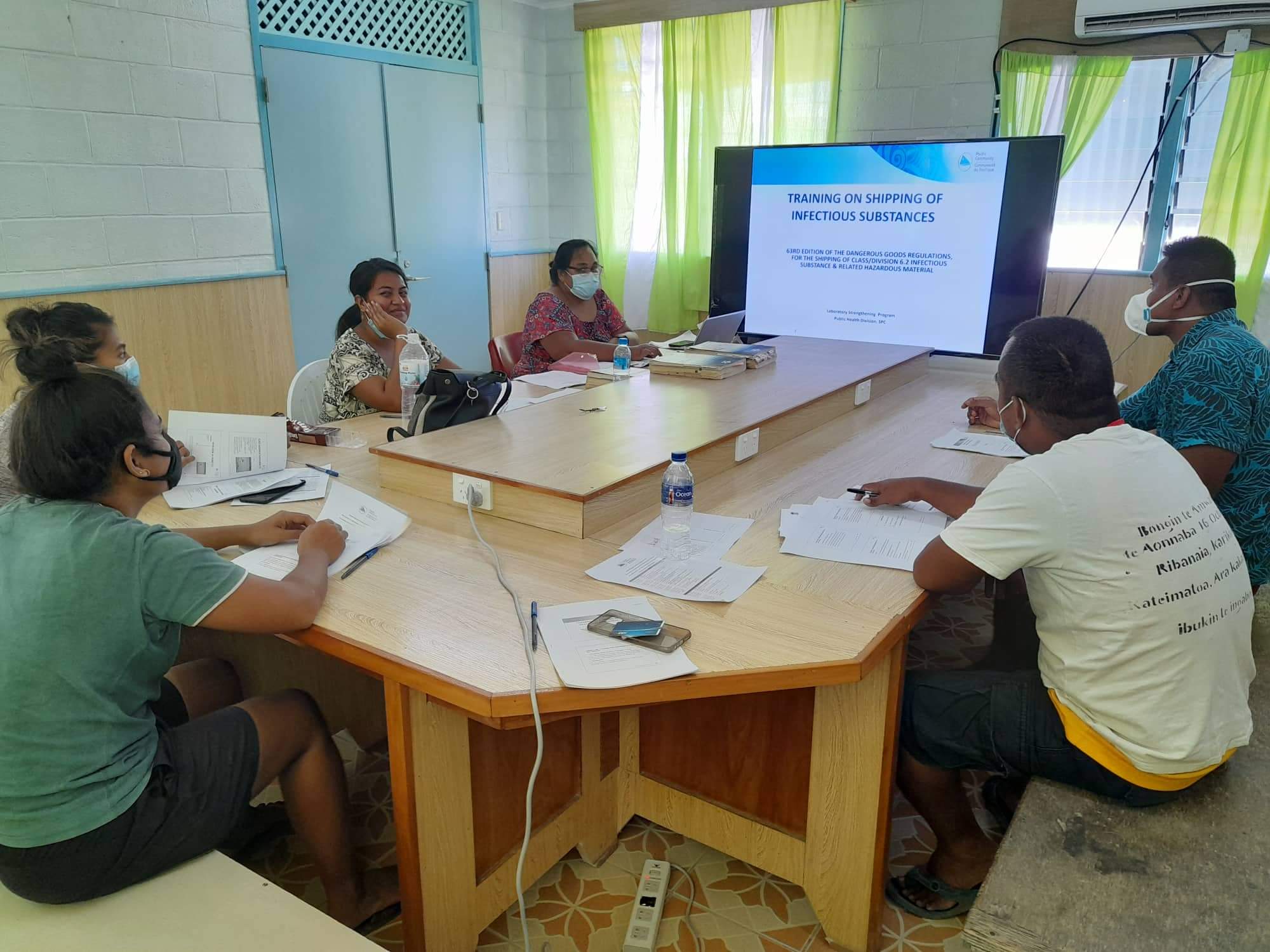
|
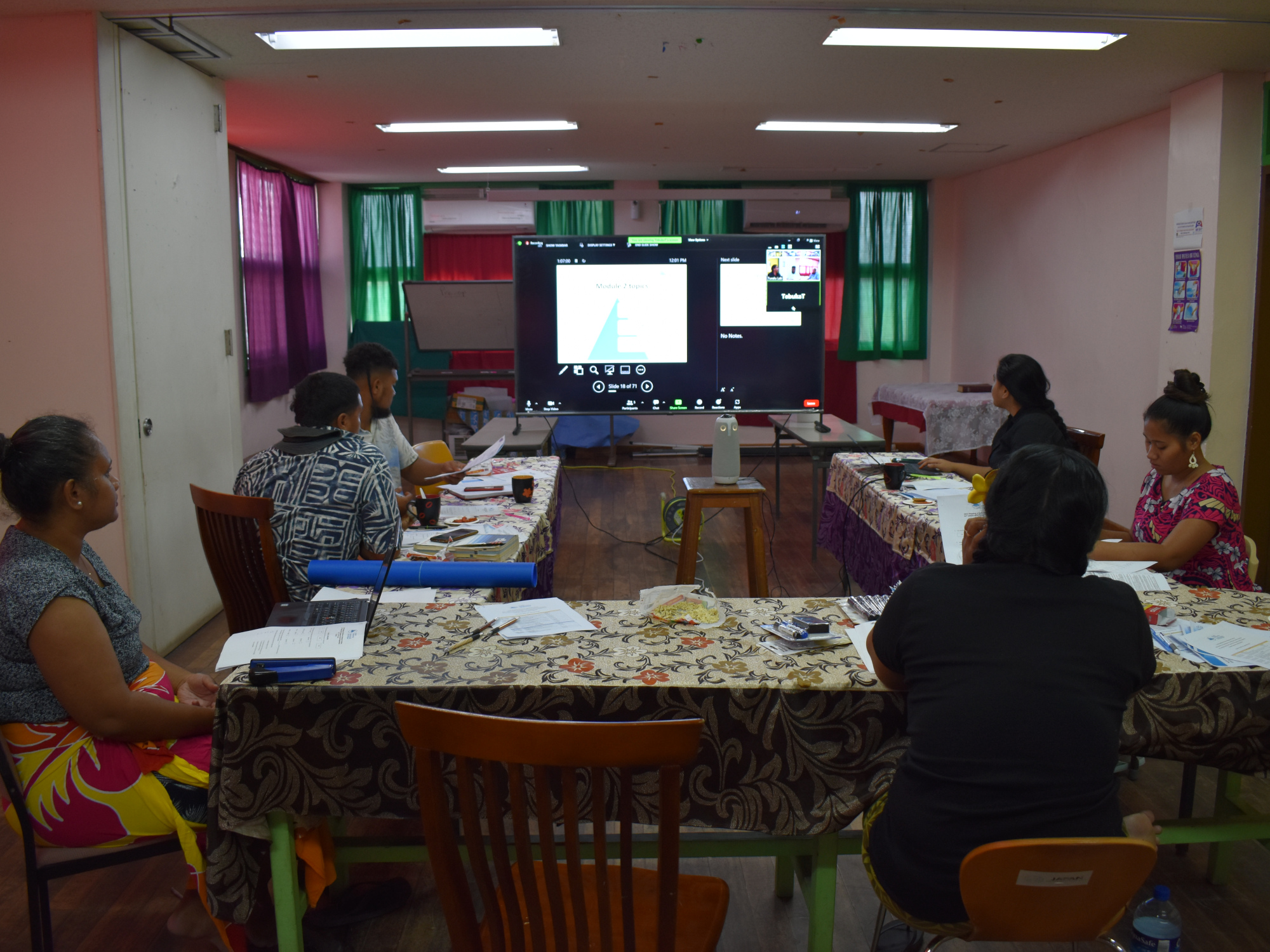
|
Dr Berlin Kafoa, Director for SPC’s Public Health Division noted the importance of the training both for the entire region, “these trainings enhance a country’s capacity to ship biological samples by air to reference laboratories in the region for further testing and characterization. As a result, Pacific health systems are able to speed up research and better serve patients.”
SPC will continue to work with partners to ensure shipping of infectious substance trainings continue in accordance with evolving health issues globally so that Pacific public health laboratory services are strengthened.
